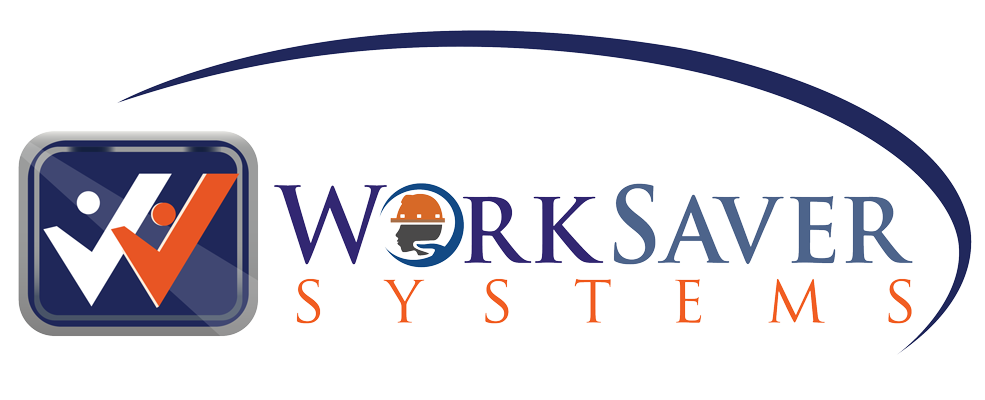Fatigue is a growing problem affecting the workforce. Research estimates that 13% of workplace injuries can be attributed to fatigue, and 43% of Americans admit they may be too tired to function safely at work. Following are some steps employers can take to reduce the risk of fatigue in their workplace and assist their employees in getting the proper amount of sleep.
Optimize Schedules
Employees with rotating shift schedules or frequent night shift schedules face high risks for fatigue, but employer actions can help avoid this risk.
Employers should:
- Avoid assigning permanent night-shift schedules if possible
- Assign regular, predictable schedules
- Avoid long shift lengths (no longer than 12 hours, 8-10 hours is better)
- Provide adequate time to recover between shifts
- Give employees a voice in their schedules
- Rotate shifts forward when regularly rotating shifts
- Provide frequent breaks within shifts
- Allow Napping Where Feasible
Sleeping on the job is typically frowned upon, but if you encourage your employees to rest when safe and feasible, it could prevent an injury or mistake. Many employees are fatigued, but a short nap could give them the energy and focus they need to be safe and productive at work.
Educate Employees About the Importance of Sleep
The more your employees know about the importance of getting the recommended amount of sleep, the more they can do to make sure they avoid the risks of fatigue. On top of making changes to schedules, employers can:
- Promote in-person and online programs focused on sleep
- Offer sleep disorder screening programs
- Make sleep a part of corporate wellness programs
- Adopt a Culture That Promotes Sleep Health
As employers adopt programs and policies to reduce employee fatigue, their workers must feel supported in taking advantage of these sleep programs. Employers should:
- Discourage employees from sacrificing sleep for work-related activities
- Provide accommodations if early or late hours are required
- Provide safe transportation and/or nap facilities to help employees stay alert while driving to or from work
- Adopt policies that discourage work-related activities (like email) during off hours
Reach Out for Help
Investigators from the Sleep Matters Initiative have provided sleep health education and/or sleep disorder screening programs to more than 25,000 participants in a variety of industries and safety-sensitive occupations. The program can be tailored to the specific needs of your workforce and delivered in-person by a sleep expert, through a train-the-trainer approach or entirely online.
To discuss programs for your workforce, contact Conor O’Brien at (617) 525-2614 or email sleepmatters@partners.org.

